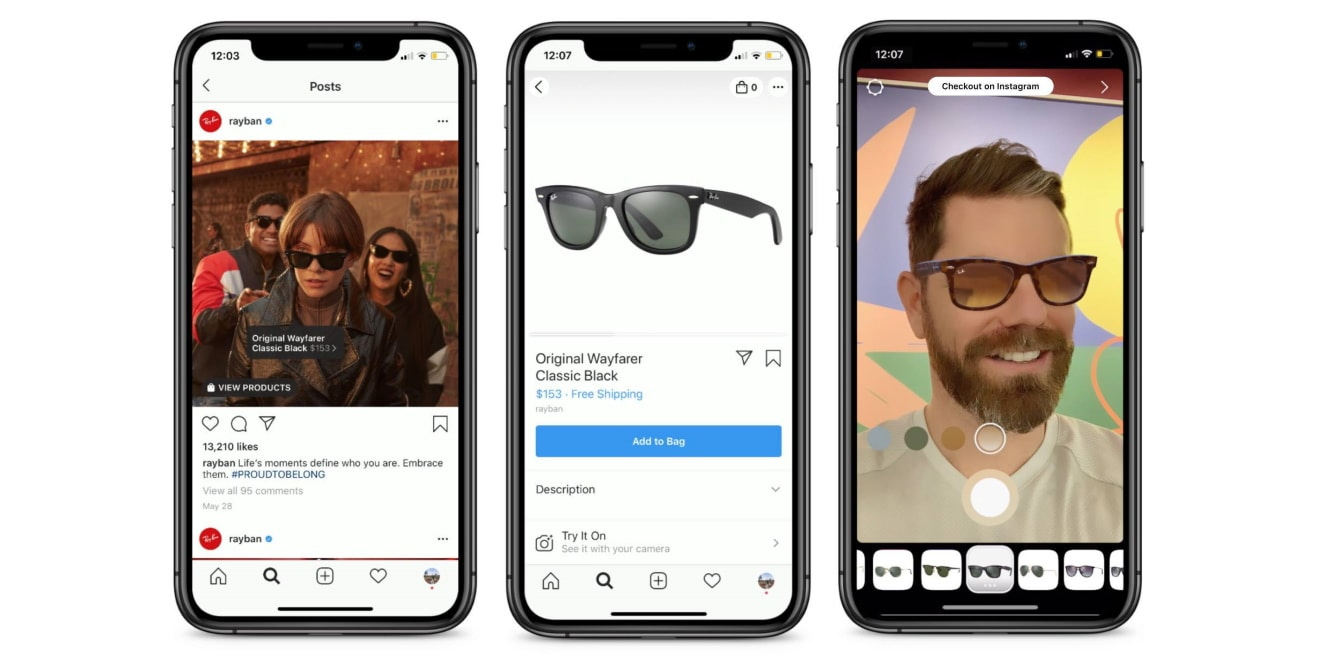Happy Friday and welcome back to This Week in Retail!
This week is a week of firsts…A fly might be the most famous thing in the world right now after it landed on VP Pence’s head during the debate. We should all be very concerned…
TWIR x Doug Stephens Podcast Episode (in case you missed it!!)
The Toilet Paper Frenzy
Now that we’ve addressed the fly in the room.
Remember the toilet paper run in early March? Panicked American consumers cleaned out store shelves, stocking up on essentials like toilet paper, canned goods, non-perishables, and water.
It was completely irrational and somewhat comical. But people were terrified.
No one knew what the future would look like and when faced with so much uncertainty, people hoarded resources in an attempt to protect themselves.
Believe it or not, this kind of behavior isn’t specific to Coronavirus. Humans act irrationally when faced with crises of all kinds, and there is even a psychological theory around why this happens.
Let’s unpack it.
Mortality Salience
One of the main differentiators between humans and other species is our consciousness of our own mortality. As we have evolved to be aware of our own death, we have put in place a series of cultural and societal constructs to help distract us from this harsh reality so we are able to navigate day-to-day life.
When humans are reminded of the eminence of our own mortality, during say a global pandemic, our behaviors change almost immediately. This phenomenon is called “mortality salience”.
“We have been painfully reminded of the fleeting nature of life on a global scale.”
We begin to value material objects, resources, and relationships differently. People may hoard resources, money, and flock to safety. Others tend to spend money on things that will distract them; alcohol, entertainment, & small luxury products.
But what does this mean for retail?
Shifts in Consumer Behavior
In a time when uncertainty is the new norm, one thing is for certain; our worldview has changed. Consumers want different things because their perspective on life has shifted. We have been painfully reminded of the fleeting nature of life on a global scale, and that causes people to reprioritize in a dramatic way.
Retailers will need to shift their strategies to address this change, both from a distribution lense as well as from a product perspective.
There are four key pillars to this shift in strategy, let’s break them down.
-
Convenience and safety are of the utmost importance in this new world. The expectation is that businesses will be taking the necessary precautions to care for their customers and employees’ health and wellbeing.
-
Digitally enhanced in-store experiences are becoming critical for a frictionless experience. Consumers value being able to quickly and easily find what they’re looking for through digitally-enabled products such as mobile order, contactless checkout, and curbside pick up.
-
Empathy and inclusivity are now top of mind for consumers as political and social unrest permeate our society. The need for companies to market in an empathetic and inclusive way is now paramount, especially to reach younger consumers.
-
Comfort and versatility are key in terms of physical products. With the push towards remote work, the lines between our work life and home life have never been more blurred. Consumers are looking to invest in quality products that can allow them to easily transition from work to play.
Best Podcasts of the Week:
Retail + Tech News:
-
Background: COVID has indeed accelerated the integration of technology and retail. According to IBM’s 2020 U.S. Retail Index report, the pandemic has accelerated the shift to digital shopping by roughly five years.
-
Details: Retailers are now heavily investing in R&D to recreate the in-store experience in a virtual world. Augmented Reality (AR) applications are on the rise, as “try-before-you-buy” virtual experiences are becoming the new norm. This is permeating every industry from beauty, furniture, luxury fashion, and even jewelry.
Traditional Retail News:
-
Background: While many luxury brands have been at odds with the resale market, Gucci is taking a different approach and actually partnering with resalers.
-
Details: The RealReal launched a Gucci-exclusive shop, which will include used and unused products directly from the brand as well as from consignors. As the fashion industry is exposed as one of the most wasteful industries in the world, embracing the circular economy is a step in the right direction for Gucci.
Retailers Brace for More Trouble
-
Background: As the pandemic stretches on, retailers that were deemed as “non-essential” and forced to close in March fear that a resurgence of the virus could warrant additional closures in the winter.
-
Details: As the uncertainty around a new federal stimulus package takes hold of the markets, retailers too are preparing for the worst. Although retailers have made massive investments in safety protocols and require masks in-store, sales ultimately hinge on if the consumer feels safe to leave their home.
“Every retailer I’ve talked to is planning on at some point their stores becoming unavailable if they’re not essential — they all have contingency plans,” Forrester Research Principal Analyst Brendan Witcher said by phone. “The general consensus around retailer leaders is that we are going to see a resurgence that affects consumer behavior.”
Follow me on Social!
-Jackie




Recent Comments